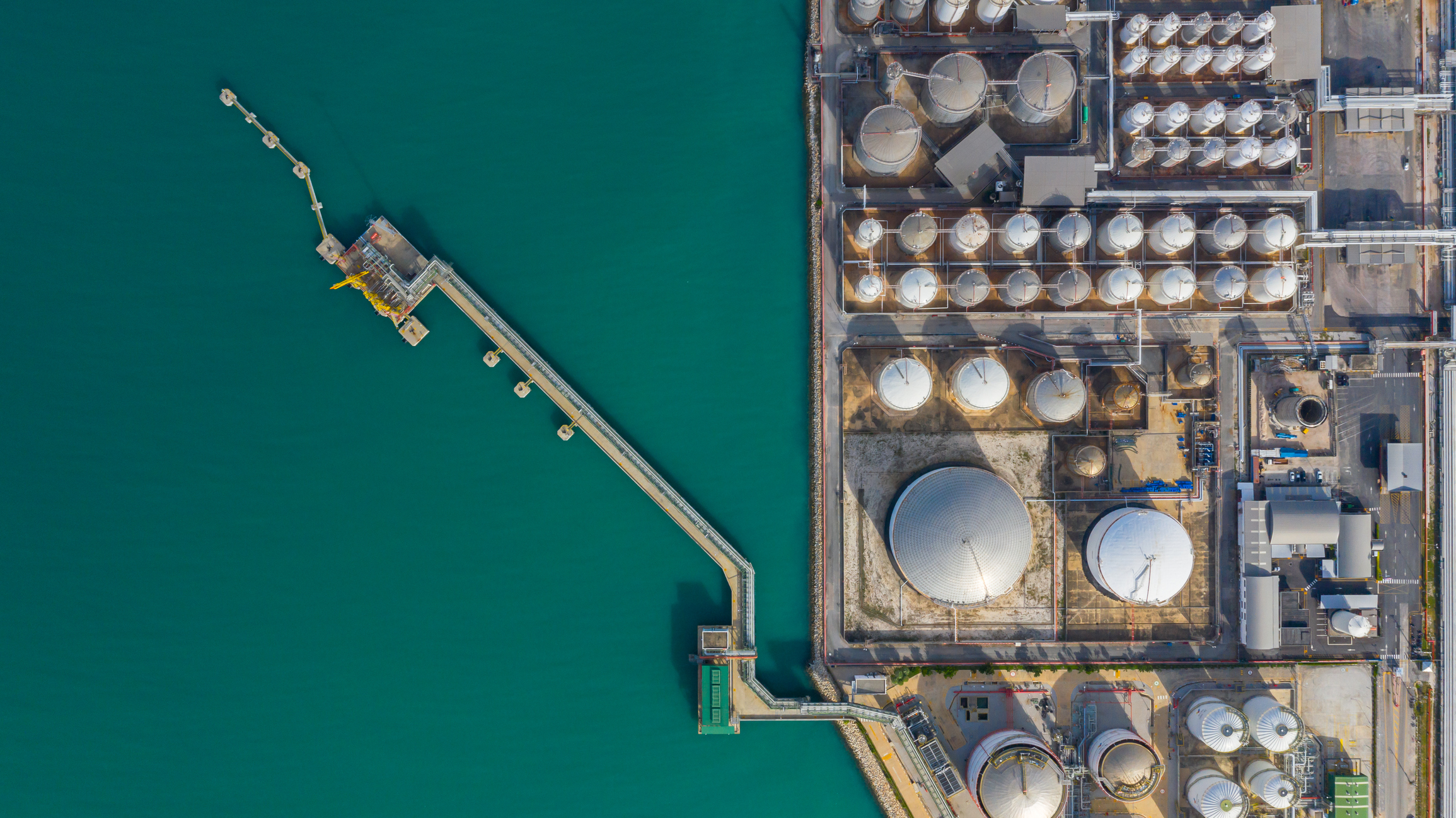Copernicus and the Gulf Region: opportunities in the making

16 March 2023
Following the success of the EU Global Action event at the LEAP Tech Conference (6 February), the European Commission is pleased to announce the organisation of new webinars dedicated to Gulf-EU cooperation in the space domain. The webinars will focus on the European Union’s Earth Observation component Copernicus and will dig deeper into the tailored downstream solutions that it can deliver to the region.
The LEAP Tech Conference provided an invaluable opportunity to introduce EU space capabilities to potential private and public end-users. The new relationships fostered between the European space industry and local stakeholders on that occasion have encouraged us to bring EU-Gulf cooperation to a new level, identifying Copernicus as a powerful catalyst for growth in the region.
Copernicus and its applications for infrastructure monitoring and environmental protection
The findings of the EU Global Action on Space market report for the Gulf countries confirm the great potential that European space capabilities can represent in key sectors of the local economy, with most opportunities lying in infrastructure monitoring and environmental protection.
Combining Earth-observation satellite data and in-situ sensor data provided by countries around the world, Copernicus supports infrastructure monitoring during the different project stages, from construction to maintenance. Copernicus data can help pre-construction mapping and surveys and, in successive stages, help assess the health status of infrastructure to maximise its efficiency and facilitate maintenance operations.
Currently, Gulf countries are allocating enormous resources into the development of strategic infrastructure, as seen in Bahrain’s 28 billion Euros infrastructure investment pipeline destined to large-scale initiatives such as the Metro Project and the modernisation of its International Airport. Copernicus, as well as Galileo, could have a key role in the progress supervision.
European space-borne data can also support the Gulf countries in monitoring the environment and land degradation, helping address the consequences of climate change in the region. More concretely, Copernicus can leverage the Copernicus Land Monitoring Service (CLMS) and its products for underground water mapping, oil spill detection and crop surveillance.
On 28 March, government officials, researchers and entrepreneurs from the Gulf region are invited to join our webinar on "the Copernicus Programme and its applications for environmental and infrastructure monitoring in the Gulf region" to discover the unleashed potential of Copernicus applications.
The Business-to-Business session in the afternoon will allow attendees to discover the vast range of space-based solutions offered by the dynamic European private sector in both the upstream and downstream segments; pitching companies include EOMAP, AIRMO, Stellar Telecommunications, Sfera Technologies, SATLANTIS, Lens R&D B.V., Reflex Aerospace, Share My Space and Romanian InSpace Engineering SRL.
→ Register here for the policy-focused webinar
→ Register here for the Business-to-Business session taking place in the afternoon
→ European space companies wishing to pitch their products at our webinars and events can apply here
→ Access here our market report for the Gulf region and stay tuned for the new edition to be released soon
Background information:
→ Copernicus, EGNOS and Galileo